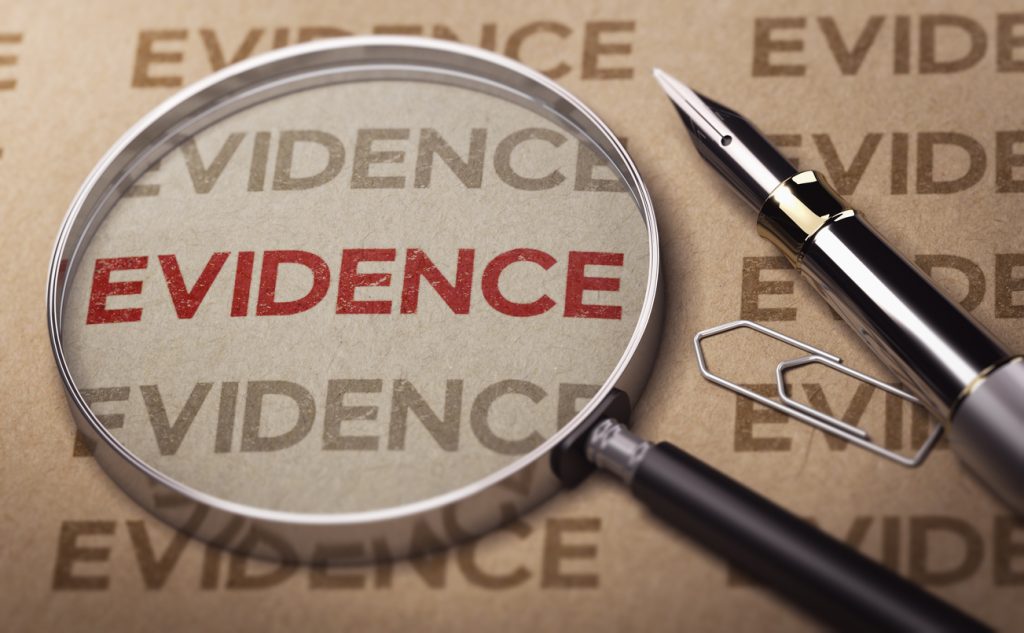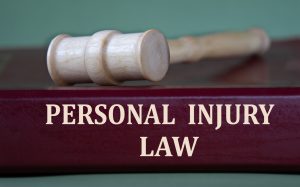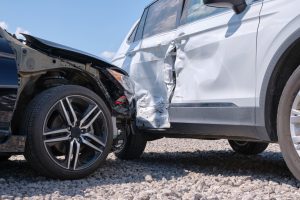In personal injury cases, evidence is paramount to establishing the facts and determining liability. The burden of proof rests on the plaintiff—the person who has sustained the injury—to supply sufficient evidence that the defendant's actions or negligence directly caused their injuries. Without concrete evidence, the complexities of personal injury cases can render a potentially legitimate claim unsuccessful, underscoring the necessity for a meticulous and strategic approach to gathering and presenting proof.
The types of evidence utilized in personal injury claims cover a wide array, from medical records—which document the extent of injuries and related treatments—to eyewitness testimonies that provide accounts of the incident. Photographs, surveillance footage, and expert witness statements are all integral to building a robust case. This evidence not only supports the claimant's narrative but also aids in quantifying damages—a critical component for securing appropriate compensation.
Given that the outcomes heavily hinge on the quality and admissibility of evidence, legal practitioners emphasize the meticulous documentation and preservation of any relevant information. The evidence must not only be compelling but also adhere to the standards of the legal system to withstand the scrutiny of the defence and the court. Bergen Law knows that the success of a personal injury lawsuit is often a reflection of the strength and clarity of evidence.
Evidence in Personal Injury Cases
In personal injury cases, evidence is crucial for establishing fault and securing compensation. It substantiates claims and conveys the facts clearly to the court. In New Jersey, as in other jurisdictions, evidence falls into several categories:
- Documentary evidence: Includes medical reports, accident reports, and wage statements
- Physical evidence: Refers to tangible items, such as damaged clothing or debris from an accident scene
- Testimonial evidence: Statements from witnesses, experts, or parties involved in the case
- Demonstrative evidence: Visual aids like diagrams, photographs, or videos illustrating the accident or injuries
Evidence serves to establish four crucial elements in a personal injury claim:
- Duty: Showing the defendant owed a legal duty to the plaintiff
- Breach: Demonstrating the defendant breached that duty
- Causation: Linking the defendant's actions to the plaintiff's injuries
- Damages: Quantifying the harm suffered by the plaintiff
Evidence must meet the preponderance of the evidence standard, meaning it's more likely than not that the claim is true.
Personal Injury Cases in New Jersey
Navigating personal injury cases in New Jersey requires an understanding of state laws and regulations, as well as the importance of seeking competent legal assistance to protect your rights and interests.
State-Specific Laws and Regulations
In New Jersey, personal injury law operates under a modified comparative negligence rule. If a party is found to be more than 50% responsible for their own injuries, they cannot collect any damages. This differs from other states that may follow a pure comparative negligence rule or a contributory negligence approach.
- Statute of Limitations: New Jersey has a specific time frame within which a personal injury claim must be filed, typically two years from the date of the accident.
- Insurance Requirements: New Jersey is a "no-fault" state for car accidents. This means that after a car accident, an individual's own car insurance company will pay for their medical treatment and lost wages, regardless of who was at fault.
- Damage Caps: There are no caps on compensatory damages in New Jersey, but punitive damages are capped at either five times the amount of compensatory damages or $350,000, whichever is greater.
It’s essential to seek legal assistance promptly when involved in a personal injury case in New Jersey. This is not something to try to handle on your own, even if you feel you have enough evidence to prove your case. An experienced attorney will help navigate the complexities of the state's legal system and work to ensure the best possible outcome.





















